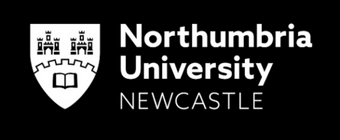Humanities Study Abroad (60 credit) (Optional,60 Credits)
The American West (Optional,20 Credits)
Affluence and Anxiety: The US from 1920 to 1960 (Optional,20 Credits)
Slavery, Sectionalism and Manifest Destiny (Optional,20 Credits)
Your Graduate Future (Optional,20 Credits)
From Reconstruction to Reunification: Europe, 1945-1991 (Optional,20 Credits)
Ireland before and after the Great Famine, 1798-1916 (Optional,20 Credits)
Into the Dark Valley: Europe, 1919-1939 (Optional,20 Credits)
The Holocaust (Optional,20 Credits)
Enlightenment to Empire: France in an Age of Revolution, 1715-1815 (Optional,20 Credits)
Debating History (Core,20 Credits)
Early Modern Monarchies: Power and Representation, 1500-1750 (Optional,20 Credits)
Rise of the Russian Empire: the Romanovs, 1613-1855 (Optional,20 Credits)
Power and Freedom: West African History, 1850 to 2010 (Optional,20 Credits)
Origins of the Modern Middle East, c. 1770-1970 (Optional,20 Credits)
Migration, Diaspora and the Making of Modern Britain (Optional,20 Credits)
Witches, Knights and Plague: Medieval Europe on Film (Optional,20 Credits)
British Empires: The First Two Hundred Years (Optional,20 Credits)
History/Film: Using Popular Film as Historical Evidence (Optional,20 Credits)
Travel Writing and Tourism in Modern Britain and Ireland (Optional,20 Credits)
Field Notes: Politics and Policy Making in Place (Optional,20 Credits)
Unilang - Languages for all - Level 5 Placeholder (Optional,20 Credits)
Academic Language Skills for Humanities and Social Sciences (Core – for International and EU students only,0 Credits)














